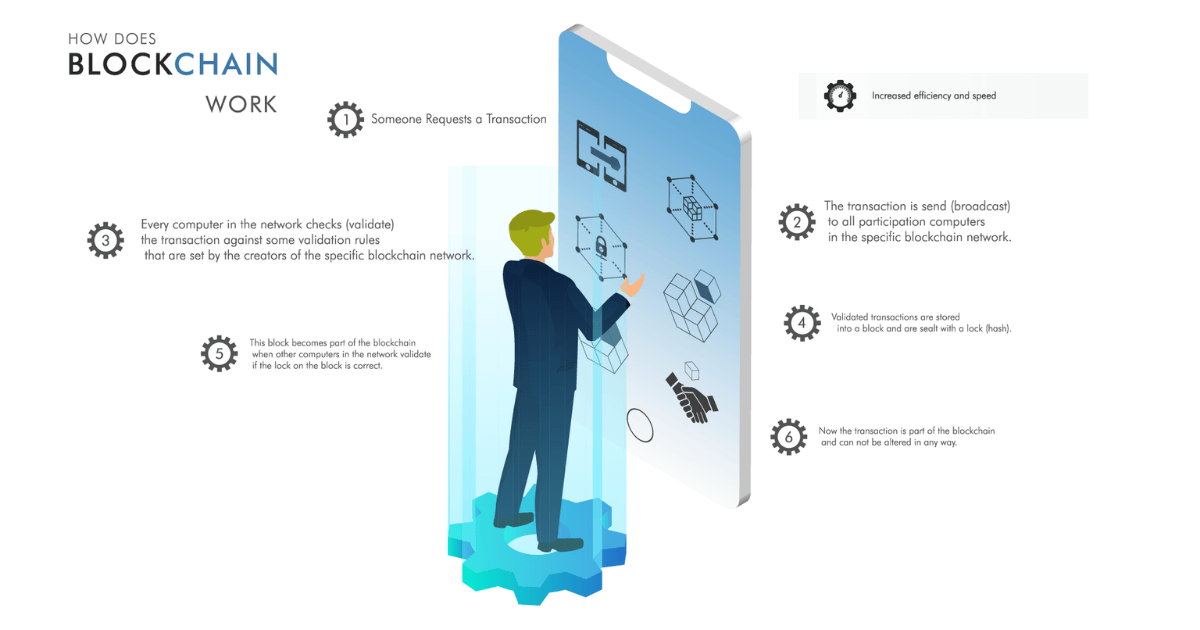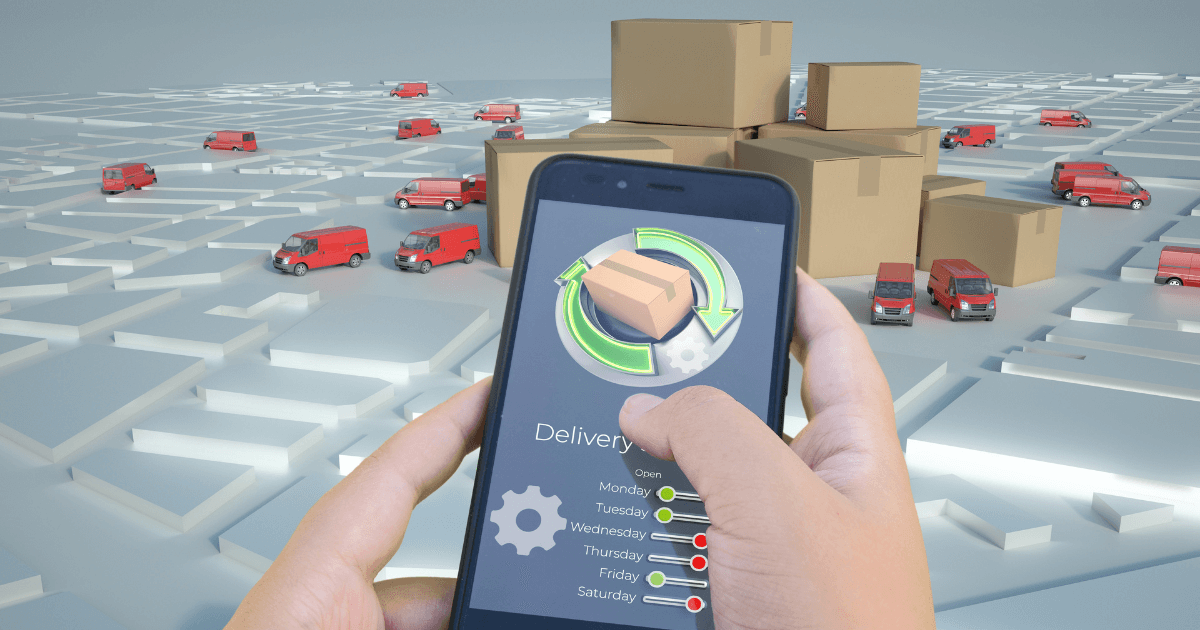“Hyderabad Based StaTwig has built a Blockchain based supply chain monitoring system to monitor the distribution of the Covid vaccines.”
As India deals with one of the largest pandemics in recent history there have been many instances of leveraging technology for better management of crises. A good example is the usage of analytics for daily and weekly trends. Also, the backbone of our Covid Management strategy has been the Arogya Setu App which leverages analytics, mobility and APIs to help authorities with track and trace of infected patients.
Hyderabad Based StaTwig has built a Blockchain based supply chain monitoring system to monitor the distribution of the Covid vaccines. As most manufacturers are from Hyderabad this has really helped the organisation build its product around areas like monitoring cold chain (cold storage) for the vaccine. It also helps track fake and expired vaccines as the distributed ledger system used by the Blockchain is immutable, hence it is very easy to check the pedigree of the vaccines and prevent any mischief.
“Healthcare data is complex – in part due to the non-linear nature of diagnosis and treatment, and also due to differing healthcare standards across regions in the world.”
In addition to these Blockchain has many advantages that can be leveraged in India. One of those is data sharing. With US spending upwards of USD 93 Billion over the last five years in just data sharing costs. Healthcare data is complex – in part due to the non-linear nature of diagnosis and treatment, and also due to differing healthcare standards across regions in the world. Additionally, data privacy and other related laws can make healthcare information difficult to access and share. So much so that in many countries, including India, a patient may not have complete access to his/her medical record!
Considering that the next paradigm shift in healthcare is expected to come from the adoption of digital technologies – whether for patient experience or improved efficiency of hospital tasks – it is important to address current challenges around data sharing and access, lest they become hurdles to progress. In that context, block chain could be a savior for the industry.
For starters, blockchain allows all types of data to be integrated into the chain. This means one can add not just doctor prescriptions and treatment records but also nutrition information, fitness data, and recordings from medical devices (such as for blood pressure and diabetes patients) by patients themselves.

“blockchain allows all types of data to be integrated into the chain. This means one can add not just doctor prescriptions and treatment records but also nutrition information, fitness data, and recordings from medical devices (such as for blood pressure and diabetes patients) by patients themselves.”
Over time the presence of such longitudinal patient data means caregivers can better interpret disease symptoms and prescribe effective treatment that is customized to work for the patient. Currently, doctors rely on data from treating different patients to prescribe medication. The chances of success for such medication are about 50%. In many cases, doctors wait for feedback from patients to change the medication. With availability of longitudinal patient data, doctors would know in advance what treatments are more likely to suit a patient in line with his/her health history. There are more advantages of leveraging Blockchain for specific use cases. I am listing some of them below
- Data and Cyber Security – Increasingly healthcare organisations are coming under stack from very sophisticated hackers. Data breaches have resulted in many public health records being put up on the dark web as well as on public domains.
- Post-Operative Care- One of the areas of concerns in healthcare remains the adherence of the patient to the post-operative care instructions. While the physician can give the instructions, the adherence to them remains a big issue.
- Health Insurance Contracts- Health Insurance is its ascendancy in India and we see instances of increased coverage. The Health Insurance contracts are the key to providing care and making sure that the provisions of the contracts have been met
- Clinical Trials – Blockchain can help accelerate the research and speed to market for clinical drugs and vaccines
I think we have made a start but most Blockchain initiatives are still in the POC stage in Healthcare. But earlier this year the government of healthcare launched the document on the Blockchain Strategy for India. I had the opportunity to comment on some of the key recommendations of the strategy. I also laid out some of the key recommendations on how Blockchain can be implemented in the healthcare ecosystem. Some of them are listed below:-
- Incentive for the adoption of Blockchain- Help healthcare organisations adopt Blockchain with incentives in the form of tax breaks and help with technical adoption
- Standards for Blockchain for healthcare- Clarity of the position in case of draft data privacy bill and DISHA
- Legality of Smart Contract- Clarity on Smart Contracts and how they can be implanted in healthcare
- Industry – Academia- Push academia to move into emerging areas like Blockchain. Engineering colleges are still teaching redundant technologies and not focusing on emerging ones
In conclusion, I believe healthcare can immensely benefit from Blockchain. The need of the hour is to provide the necessary guidance and standards both from policy, technology and processes for its implementation and development.
“Dr Vikram Venkateswaran is a doctor turned technologist. He is the founder of Healthcare India, a research and analysis think tank that works in the public health space. “

